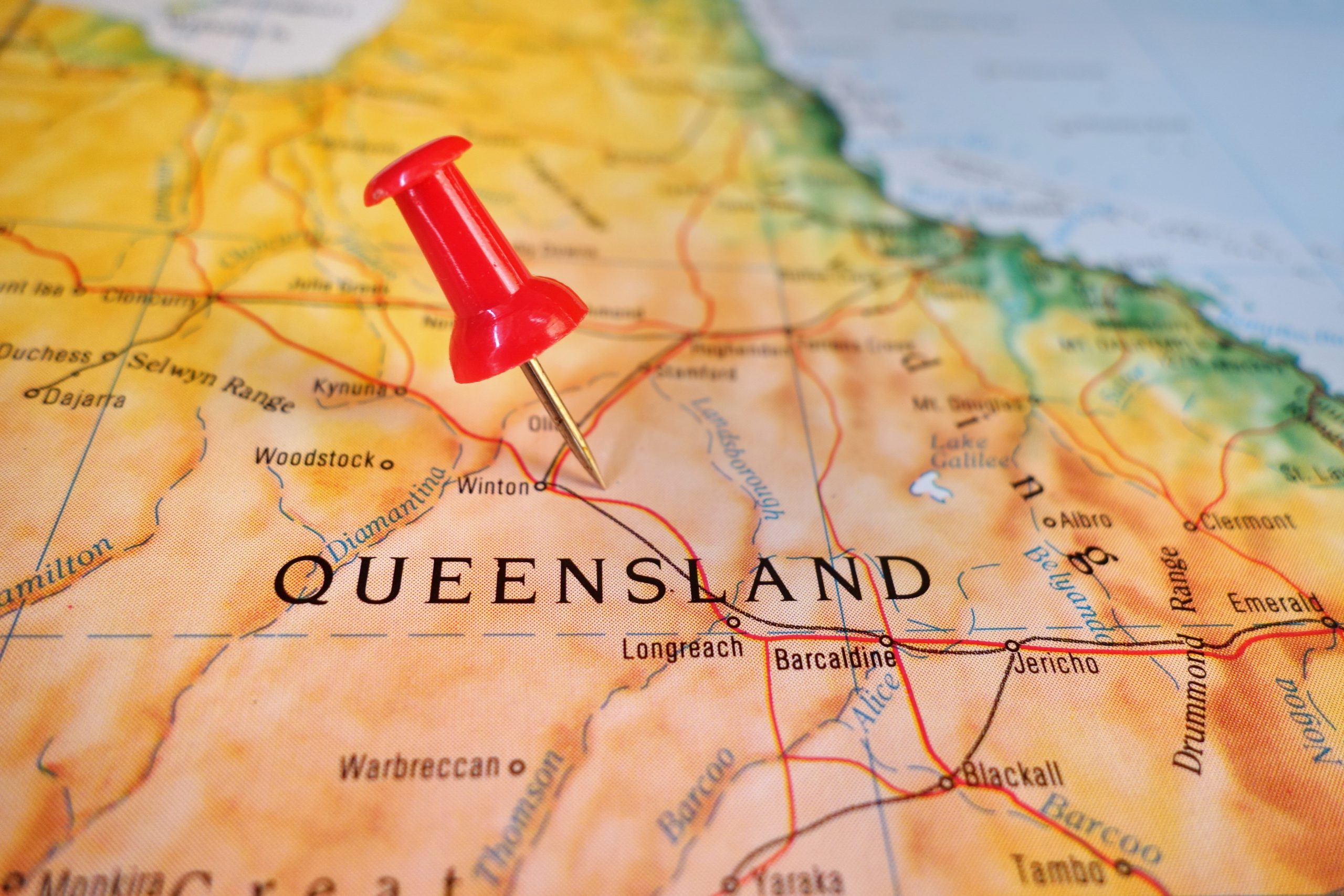The Inside Word

All Politicians are the same!
It’s often remarked that politicians are all the same. I remember well when there was little difference between the major parties on critical issues of defence and border protection, possibly to avoid creating a wedge on these matters, particularly before an election.
Sometimes this should be the case, and for good reason. But we shouldn’t let this pragmatic principle cloud our judgement on other policy matters. It matters who gets elected to parliament and, more importantly, it matters who gets to form government.
Australia’s two-party system – a feature of our democratic process – has ensured stability for a long time and, from all accounts, provided a strong economy and a prosperous nation to share.
We have our peaks and troughs, particularly with current cost-of-living pressures biting hard for many households, but the system has carried us so well that we’re somewhat complacent as to how we got there.
All the parties claim the ground on solutions for lower interest rates, better health care, better education and so on, particularly leading up to elections. So, while the policies on how to get there vary greatly, and not all for the same reasons, it has been consistent and expected by the electorate as the accepted mantra. My point is that not only does it appear nothing changes, but change is so slow that it goes without being seen. Perhaps what is evolving politically is hard to measure while the two-party system prevails, and the outcome of subsequent elections remains or is perceived to stay the same.
Our two major parties have similar polices in certain areas of the economy, larger differences and gaps in other areas; but now they have never been more divided. Despite this, neither party’s policies come across nearly as appealing as those of the independents, the Greens or One Nation. This is where things get interesting for my follow travellers interested in the outcomes of future elections.
This next election cycle will challenge the status quo as more independents like the Teals will challenge traditional Liberal seats and the Greens may gain ground in traditional Labor seats.
This could be very unsettling with many policies from Greens and independents deemed more theoretical than applicable, but that may be the price for the major parties to form government.
The success of our system in great part has been the levelling effect of our independent institutions. Regardless of which colour is in power, the ‘system’ continues to deliver on its promise to the Australian people.
Coming off the back of Queensland’s local government elections with more-than-expected swings to the Greens and independents, and the state bi-elections where Labor lost in Ipswich West and suffered a massive swing against it in the safe heartland of Inala, there is plenty of potential for the same thing at the next state election.
The movement away from traditional voting blocks in our two-party system has been coming for many years, but perhaps too slowly and incrementally for any real notice or response yet. However, the momentum towards independents, Greens and minor parties can’t be ignored. Voters are asking more from their elected representatives at all levels and, unlike previous generations, voters are not afraid to shake the tree.
Australian politics has become more interesting and more divided with the growing influence of independents, Teals, Greens and other minor parties. The fact they’re not going the way of the Australian Democrats is telling for the longevity of their causes and impact. It’s out in the community where this is happening, and the major parties don’t yet seem to have an answer.
So, while Queensland Labor will be challenged to hold on to government at the October state election, the real threat for either party might be a minority government.
Over time, this could be a new feature of our political system at state and federal levels. While the Coalition has long experience of this with the Liberal Party needing the National Party to form government, Labor will find a coalition partner – formal or not – is a whole new world if it wants to continue to govern.
As in the past, Queensland will be the bellwether state for who wins federally. There is more opportunity here for Labor than any other state, and more risk for the coalition than ever before. We are a little different up here – Go Queenslander!


